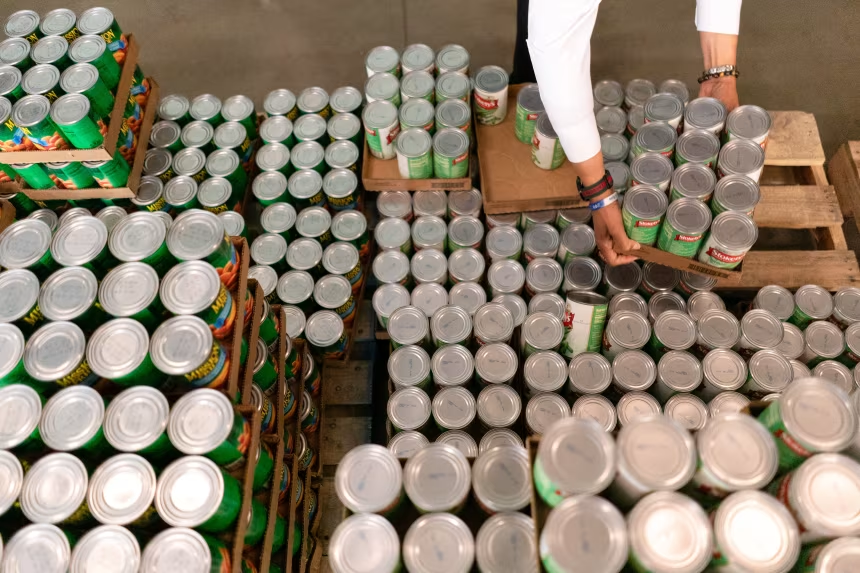Washington DC is facing a sharp rise in food insecurity as recent federal budget cuts ripple through communities already struggling with high living costs. For decades, the city has been home to thousands of federal workers and contractors who rely on stable wages and benefits to support their families. Now, with reductions in federal jobs and deep cuts to nutrition assistance programs, many households are experiencing hunger at levels not seen in years.
Food banks and local nonprofits report an unprecedented demand for help. Shelves are running low, donations are stretched thin, and volunteers are overwhelmed by the growing number of residents lining up daily for basic groceries. According to recent surveys, more than one in three households in the region admit to skipping meals or cutting back on food to make ends meet. Families with children are among the hardest hit as parents struggle to balance housing costs, healthcare, and education while facing reduced support from federal programs.
The reduction in Supplemental Nutrition Assistance Program benefits has been a major blow. For many families in Washington DC, SNAP was the safety net that kept hunger at bay. With those benefits slashed, people are being forced to make impossible choices between paying rent and buying food. Advocates stress that these cuts are not just numbers on a budget sheet, but real decisions that affect children’s growth, workers’ productivity, and community health.
Community leaders are calling on both federal and local policymakers to act quickly. Some argue that the federal government should reverse the cuts and invest more in long term hunger prevention strategies. Others believe the city must expand local programs to ensure residents have consistent access to meals. Without intervention, experts warn that food insecurity could worsen, leading to higher healthcare costs and deeper cycles of poverty.
Despite the crisis, there are stories of resilience. Neighborhood groups, churches, and charities are stepping in to organize food drives and provide emergency meals. While these efforts bring relief, they cannot replace the scale of federal funding that once supported millions of families. The situation in Washington DC highlights a broader national debate about priorities and the role of government in meeting basic human needs. As hunger grows, the choices made now will shape not only the well being of families but also the future stability of communities across the region.


